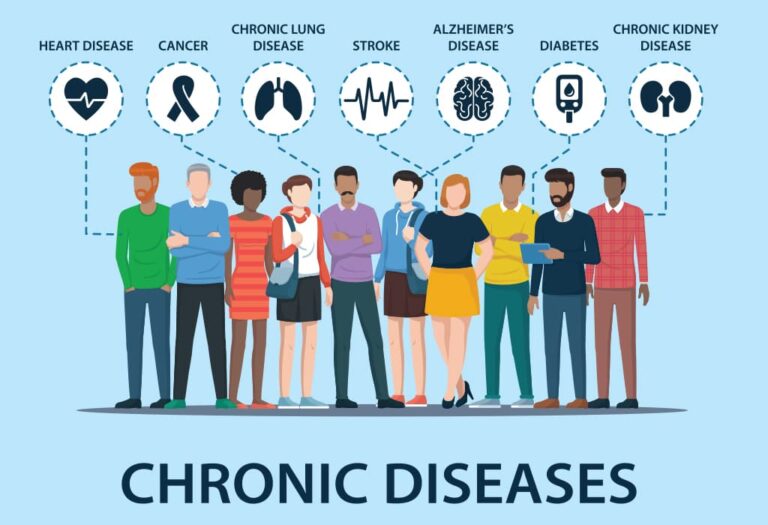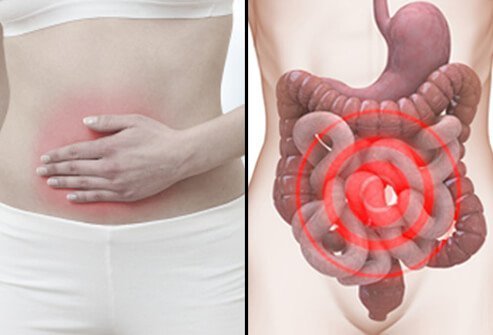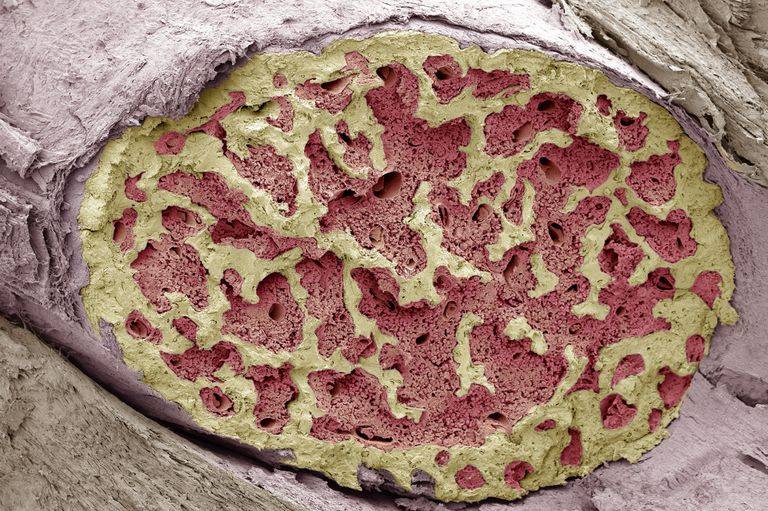Troubled by Stomach Symptoms?
Author: Recyll Oraiz
Recyll Oraiz
Category: Health
Tags: health, intestinal, intestine, obstruction

The term “intestinal obstruction” refers to a blockage that prevents food or liquid from moving through your small or large intestine (colon). Fibrous bands of tissue (adhesions) in the abdomen that occur after surgery, hernias, colon cancer, certain drugs, or strictures from an inflamed intestine caused by certain illnesses, such as Crohn’s disease or diverticulitis, are all possible causes of intestinal blockage.
Additionally, the clogged sections of the gut can die if not treated, causing major issues. Intestinal obstruction, on the other hand, can often be successfully addressed with timely medical attention.
Moreover, an intestinal obstruction might be partial or full. A pseudo- obstruction is also possible. When you have symptoms of a bowel obstruction although there is nothing physically preventing it, you have this condition. It may occur as a result of issues with your gastrointestinal muscles or the nerves that control them.
**The following are some of the possible causes of an intestinal
blockage:**
Scarring in the abdomen. These are tissue growths that push your intestines out of their normal position.
Hernia. A hernia is a tear in the abdominal muscle wall. Bulges and pockets can be caused by hernias. These could cause a blockage in your intestine.
Tumors. These growths have the potential to obstruct your intestine.
Scarring. Scar tissue arises when your body repairs tiny wounds or cuts. This can also occur inside your intestine. These scars can accumulate over time, resulting in partial or complete intestinal obstructions. Tears in the gut wall or infections can cause scarring. Adhesions are scars that form in your belly after you have had abdominal or pelvic surgery. Adhesions from surgery can sometimes cause complications several years after the procedure.
Volvulus. This happens when a section of your intestine wraps around itself and forms a blockage.
Intussusception. A section of your intestine moves into another part in this situation. This narrows your gut but does not always completely obstruct it.
Diverticulitis. A disorder in which the digestive tract’s tiny, bulging pouches (diverticula) become irritated or infected
Meckel Diverticulum. This extra tiny pouch inside the intestine is present in a limited number of persons.
Symptoms
The symptoms of an intestinal blockage vary depending on the severity of the obstruction. However, it is virtually always accompanied by abdominal pain and cramping, generally around the belly button. Other indicators include:
-
Constipation
-
Can't pass gas
-
Lack of appetite
-
Nausea or vomiting
-
A hard, swollen belly
-
Diarrhea (with a partial blockage)
Intestinal obstruction in infants
In most cases, newborns’ intestines get obstructed as a result of:
disorders of the organs
Strangulation is a disorder in which blood flow to the intestines is reduced. It occurs in certain children after they have had the stomach virus. Their intestines may get inflamed as a result of this.
In addition to that, the most common age group for intussusception is children under the age of two. When one portion of their bowel collapses or slides into another, this happens. Their gut becomes obstructed as a result.
Because infants are unable to verbalize their symptoms, any sort of intestinal obstruction is difficult to diagnose. Parents must instead keep an eye on their children for any changes or symptoms that could signal a blockage.

What is the procedure for diagnosing Intestinal Obstruction?
A doctor may first press down on your abdomen to inspect it. They next use a stethoscope to listen for any sounds. The presence of a hard lump or certain noises, particularly in a youngster, may aid in determining whether or not a blockage exists.
Other tests include:
-
blood tests to check for:
-
blood counts
-
liver and kidney function
-
levels of electrolytes
-
X-rays
-
CT scan
-
colonoscopy, a flexible tube with a light that your doctor uses to look at your large intestine
enema with contrast
Risk
Many persons with bowel blockages are elderly and may be suffering from other chronic illnesses, a bowel obstruction can be deadly. You’ll almost certainly need to visit a hospital for treatment.
Bowel blockages can occur in either the small or large intestine, but the small intestine is more likely to be affected. If you have any of the following, you may be at a higher risk:
-
Crohn’s disease
-
Diverticulitis
-
Hernia
-
Colon cancer
-
Cancer of the stomach
-
Ovarian cancer
-
Scar tissue from surgery
-
Radiation to the stomach
-
Lung cancer, breast cancer, or melanoma that has spread to your bowels
-
Tissue death.
-
Infection
Treatment Options
Treatment is determined by the obstruction’s location and severity. Do not try to solve the problem yourself. The type of intestinal obstruction determines the suitable treatment.
Furthermore, It may be able to alleviate partial blockages or an ileus by merely resting the bowels and receiving intravenous (IV) fluids. During bowel rest, you will be offered nothing to eat or just clear liquids to drink. Your doctor will treat the obstruction as well if the cause is recognized.
It’s critical to address dehydration. To address your electrolyte imbalance, your doctor may administer IV fluids. To drain urine, a catheter may be put into your bladder.
The intestine might be permanently damaged as a severe consequence of a bowel obstruction. If this happens, a surgeon will undertake surgery to remove the dead tissue and reconnect your intestine’s two healthy ends.
While prescription drugs cannot relieve the obstruction, they can help you feel better while you wait for further treatment. The following are some examples of drugs that your doctor may prescribe:
antibiotics are used to treat infections.
pain relievers and anti-nausea medications to keep you from vomiting
You should not ignore the signs and symptoms of intestinal obstruction or try to cure it at home.
When to call the doctor
If you have signs of intestinal obstruction, get medical care straight once. Severe abdominal pain, vomiting, and inability to pass stool are among the symptoms.
Pay attention to your doctor’s directions. Stick to the new food plan if he or she has recommended it as part of your treatment. The diet’s purpose is to limit the amount of labor your digestive tract needs to do while still providing you with the nutrition you require.













